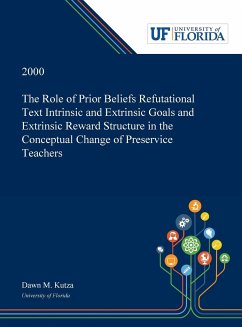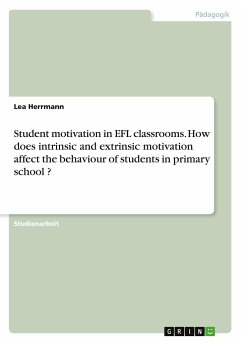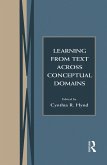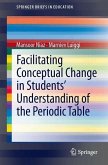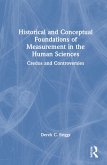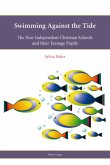Abstract: Previous research has demonstrated that a refutational text challenging the commonly held conception that extrinsic reinforcement is a more effective strategy for motivating learning successfully facilitated conceptual change in preservice teachers. The purpose of this study was to extend this prior research by examining whether a motivational variable-teachers' intrinsic goal orientation-and a contextual variable-a controlling reward structure-moderate the effect of the text on preservice teachers' conceptual change. A sample of 188 undergraduate students enrolled in two upper- and one lower-division foundations of education courses read a refutational or non-refutational text about motivation, received a controlling or non-controlling extra credit reward structure, and completed a pre- and post-test instrument that measured their beliefs about motivating students. The conceptual change measured was separated into an intrinsic and extrinsic subscale to allow for a more specific analysis of the nature of conceptual change. ANCOVAs using intrinsic goal orientation, text type, and reward structure as independent variables, pre-test scores as a covariate, and post-test scores as the dependent variable revealed that (a) pretest beliefs were a significant covariate in the model, and (b) text type, goal orientation, and reward structure interact in significant ways to affect conceptual change. Particularly, post hoc analyses revealed that a controlling reward structure had a significant positive effect on conceptual change on the intrinsic and extrinsic subscale scores of students with low intrinsic goal orientations; however, for students with higher intrinsic goal orientations, a controlling reward structure appeared to undermine conceptual change. In the absence of a controlling reward structure, having a higher intrinsic goal orientation had a positive effect on conceptual change for both subscales. It was also found that regardless of goal orientation, providing participants with refutational text and a conditional reward structure most effectively facilitated conceptual change on the extrinsic subscale. Lastly, the observed conceptual change remained on the intrinsic scale scores and increased on the extrinsic scale scores after a 1-week delay. Dissertation Discovery Company and University of Florida are dedicated to making scholarly works more discoverable and accessible throughout the world. This dissertation, "The Role of Prior Beliefs Refutational Text Intrinsic and Extrinsic Goals and Extrinsic Reward Structure in the Conceptual Change of Preservice Teachers" by Dawn M. Kutza, was obtained from University of Florida and is being sold with permission from the author. A digital copy of this work may also be found in the university's institutional repository, IR@UF. The content of this dissertation has not been altered in any way. We have altered the formatting in order to facilitate the ease of printing and reading of the dissertation.
Hinweis: Dieser Artikel kann nur an eine deutsche Lieferadresse ausgeliefert werden.
Hinweis: Dieser Artikel kann nur an eine deutsche Lieferadresse ausgeliefert werden.

